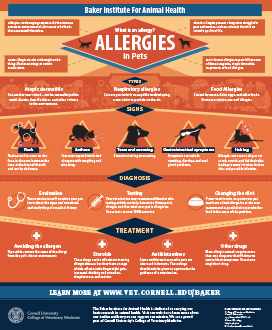Do Dogs Get Lonely At Daycare
Do Dogs Get Lonely At Daycare
Blog Article
What Vaccinations Are Required For Dog Childcare?
Whether your dogs hang out at childcare or boarding facilities, they need to be updated on every one of their required vaccinations. Core injections consist of Bordetella, rabies and DA2PP, which guard against common illness that pets are exposed to when in close contact with others.
Non-core vaccinations consist of canine influenza and leptospirosis shots. These are recommended for pups that mingle with other pet dogs often.
Core Vaccines
As an essential part of preventive treatment, pet injections assist keep pets secure from contagious illness transmitted via straight get in touch with or contaminated surfaces. Injections boost the immune system to develop antibodies that battle illness, and most veterinarians take into consideration core canine vaccines to be essential for all pet dogs.
Rabies
A lot of respectable canine childcare centers require that your pet depend on date on their rabies inoculation. Inoculations are administered to pups as very early as 12-16 weeks old, and boosters are needed every three years or so till the adult years. Rabies is a deadly viral illness that spreads through saliva, typically from attacks. The majority of states need rabies vaccinations for all dogs and cats, and some also mandate rabies boosters for family pet owners.
Distemper/Parvovirus/Adenovirus (DHPP).
This combination vaccine covers canine distemper, parvovirus, liver disease, and adenovirus, every one of which are highly contagious. The majority of vet offices offer DHPP vaccinations as one shot or in a collection boarding for dogs of two to four shots, offered 2-4 weeks apart, adhered to by a yearly booster. This vaccination is a need for a lot of boarding and doggy daycare centers, in addition to numerous groomers.
Bordetella/Canine Parainfluenza Vaccination.
Bordetella bronchiseptica, generally referred to as kennel cough, is a really infectious respiratory infection brought on by the germs that causes the condition. Signs include relentless coughing, sneezing, nasal discharge, and fever. Most kennel coughing break outs take place in congested environments, such as childcare or boarding facilities, and are especially typical in warmer weather. This vaccination is a demand for most day care and boarding facilities, and is usually provided in a mix with the DHPP injection.
Leptospirosis Vaccination.
This is a bacterial illness that spreads out through polluted water, dirt, and pee. Infection can cause kidney and liver damages, along with death, and is transmissible to people. The majority of vets will advise this vaccine, based on geographical place and lifestyle of the pet, for dogs that hang out outdoors or at boarding centers, as well as some groomers. This injection is normally carried out as a series of two to 4 shots, spaced 2-4 weeks apart, with a yearly booster required for many family pets.
Lyme Condition Vaccine.
The most typical tick-borne condition in the United States, Lyme disease is transferred by the deer tick and can cause high temperature, joint pain, muscle discomfort, and anorexia nervosa. The Lyme condition vaccine safeguards against one of the most widespread pressures of the infection, including the H3N8 and H3N2 strains. Many vet facilities advise this vaccination, particularly in high-risk areas, such as the Northeast, upper Midwest, Mid-Atlantic, and along the Pacific coastline.
Noncore Vaccines.
Various other pet dog vaccinations, while not necessary for all pets, are recommended based on the canine's way of life and geographical place. These consist of the following:.